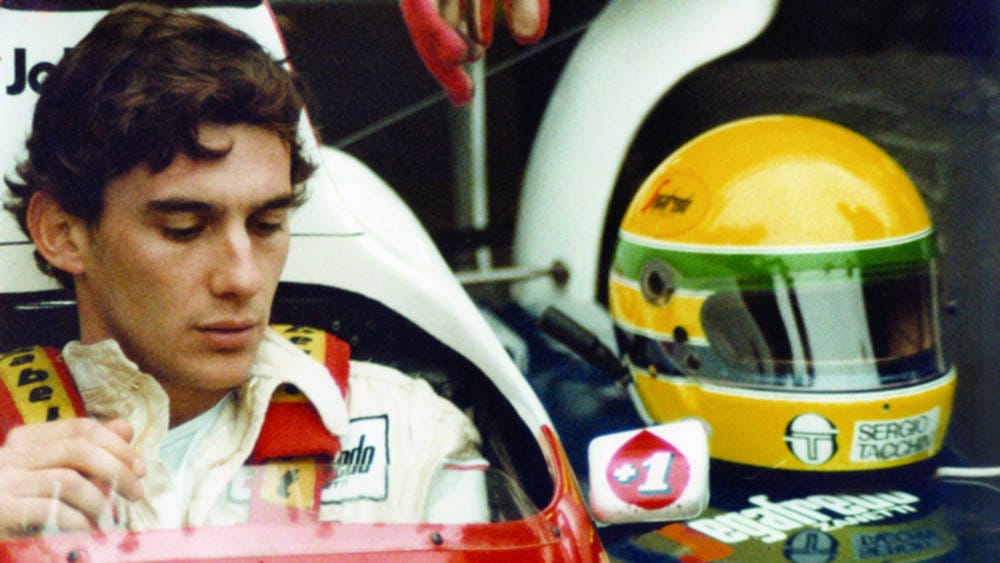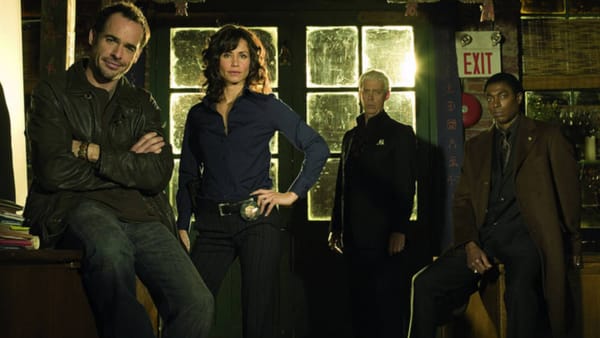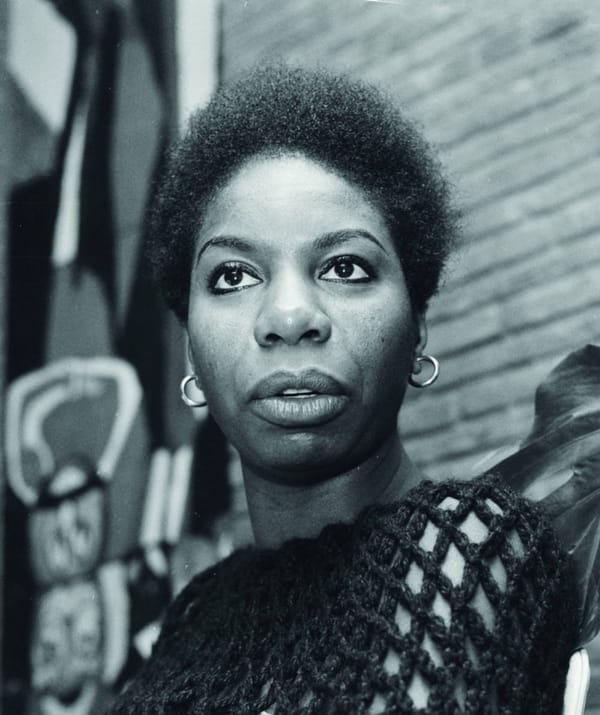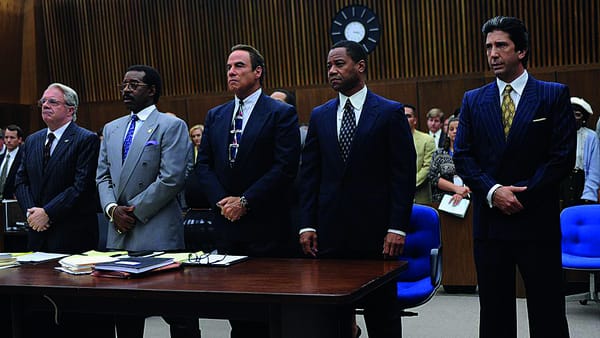Documentary corner: Senna
Our regular film column

My fool-proof method for determining whether a biopic is good or not is as follows: if I go in with no knowledge/interest in its subject matter, and 1) understand what’s going on the whole time, and; 2) become genuinely invested in its subject matter, then it passes. Senna was the first majorly successful documentary film produced by the quintessential British studio Working Title, best known for rom coms such as Love Actually and Notting Hill. Looking into it, it’s clear that the film was made as a passion project courtesy of Woking Title founder, producer, and massive F1 buff Tim Bevan. This passion is contagious. The story told here is that of Ayrton Senna, the three-time Formula One world champion who died tragically in a crash at the young age of 34. This tragically premature death, televised to 300 million people, deeply shook the world of F1. The main things explored include a cataloguing of Senna’s rise to success, the importance of his icon-status in his native Brazil, and his rivalry with former partner Alain Prost.
It’s hard to describe what makes this film work so well. The repeated use of home and amateur footage perhaps goes some way to helping though, a feature carried over by director Asif Kapadia in his recent Oscar-winner Amy. The use of such footage gives a more intimate experience, allowing the viewer to form closer connections to the people documented, and become invested in their story. The avoidance of ‘talking head’ interviews is also something which I feel adds to its uniqueness. But ultimately it’s the editing, stellar soundtrack, and flawless pacing which make Senna such an incredible film to watch.
The rivalry that Senna had with former teammate Prost is also brilliantly complex. The two men are very well portrayed, and one really gets to know their individual characters and motivations – Kapadia was extremely lucky to have such an engrossing story on which to base his biography. One of the weaker points of the documentary, however, comes from the exploration of some of the sport’s politics. This is not to say that these sections are poorly done, it’s just that, as someone who is not a fan of the sport, these sections didn’t fascinate me as much. Nevertheless, Senna is a masterclass on how to put together an engrossing, emotive and informative biopic. I might even watch the new F1 season now, who knows.








